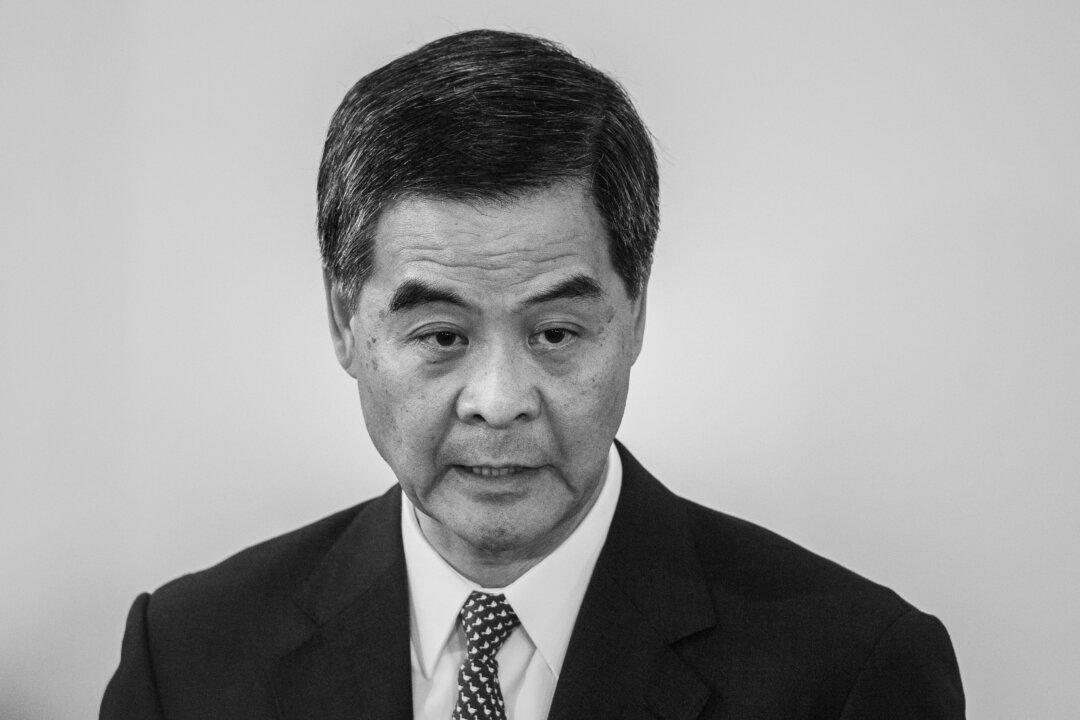Hong Kong’s “wolf” just unsettled the city’s residents by asking them to take after this Lunar New Year’s zodiac animal.
In a Lunar New Year message Wednesday, hugely unpopular Chief Executive Leung Chun-ying told the southern Chinese city’s people to be “mild and gentle” like sheep in the Year of the Sheep, which begins Thursday.
“Last year was no easy ride for Hong Kong,” said Leung in a statement. “Our society was rife with differences and conflicts.”
“I hope that all people in Hong Kong will take inspiration from the sheep’s character and pull together in an accommodating manner to work for Hong Kong’s future,” added the Beijing-backed leader.
"'Wolf' Leung eats sheep. It wouldn't be good for Hong Kong people to become sheep this year."
, student activist




